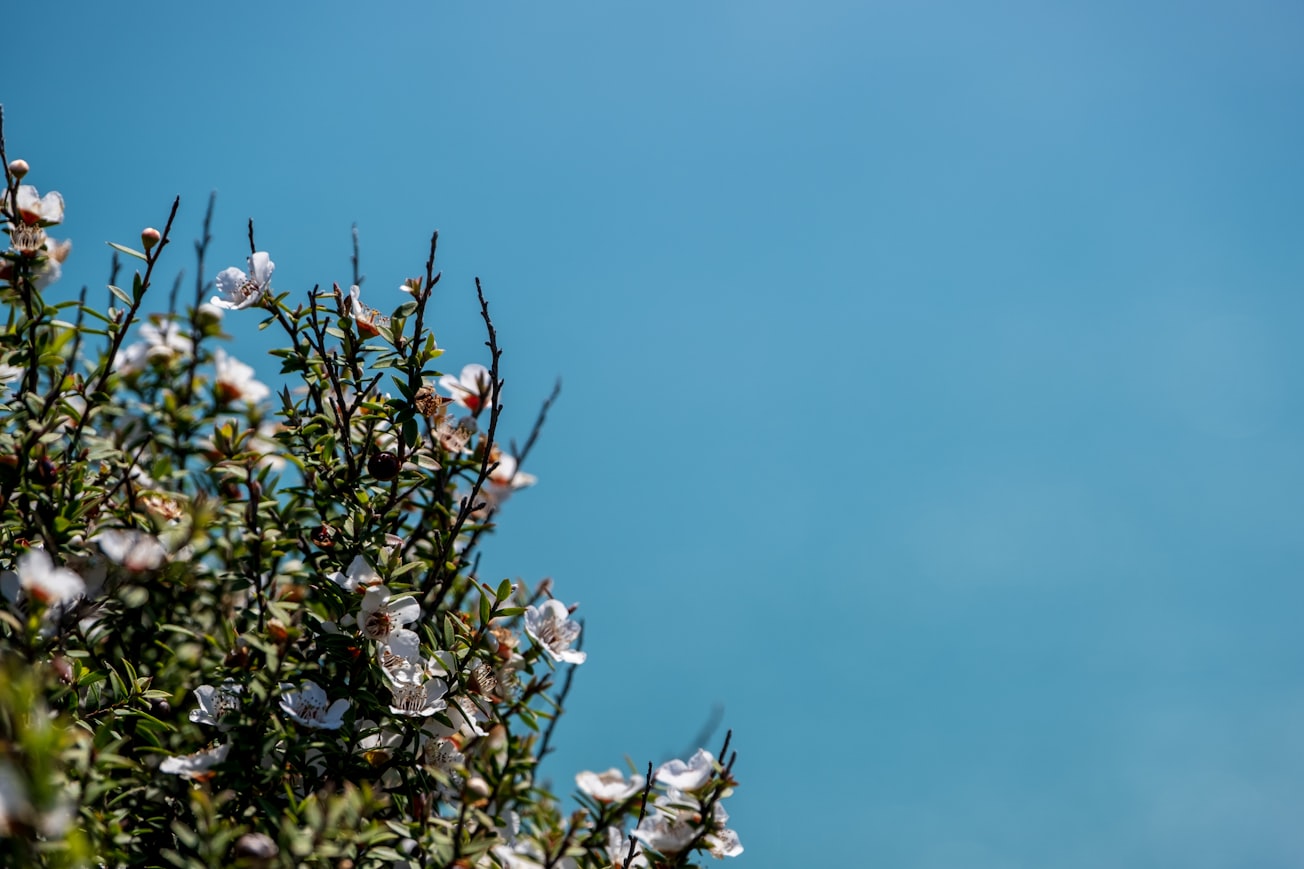What is it about?
An increasing number of studies show that bacteria living on the leaf surface (or phyllosphere) are an influential component of plant physiology. This paper provides the first characterization of bacteria in the phyllosphere of an indigenous New Zealand tree species called mānuka (Leptospermum scoparium). Our findings revealed a dominant and ubiquitous core microbiome, providing strong evidence for a specific host association.
Featured Image

Photo by Sylvain Cleymans on Unsplash
Why is it important?
Mānuka is a New Zealand tea tree with unique properties that scientists have not been able to explain completely, despite decades of research. Until now, the mānuka phyllosphere microbiome has remained uncharacterized and its potential role in mediating host physiology has not been considered. Our findings reveal these phyllosphere taxa may be functionally significant to the host tree and might help to explain its unique physiology.
Read the Original
This page is a summary of: A core phyllosphere microbiome exists across distant populations of a tree species indigenous to New Zealand, PLoS ONE, August 2020, PLOS,
DOI: 10.1371/journal.pone.0237079.
You can read the full text:
Contributors
The following have contributed to this page







